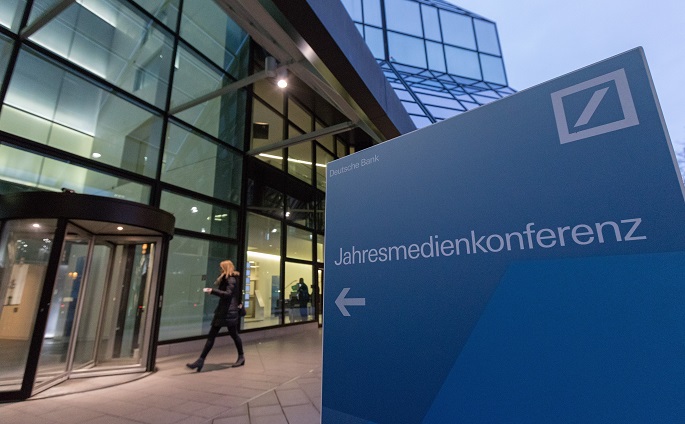European banks face further consolidation
Published : 29 Aug 2018, 21:13
Updated : 29 Aug 2018, 21:15
The pressure for European banks to merge in response to geo-political uncertainty and intense competition is set to increase in the coming years, Deutsche Bank chief executive officer (CEO) Christian Sewing warned on Wednesday.
Sewing's comments were made at a banking industry summit in the German financial hub of Frankfurt. "Europe does not need as many banks as possible, what it needs above all are strong banks", the Deutsche Bank CEO argued. He highlighted that there were already around 5,500 financial institutes in the Eurozone alone.
Contrary to earlier reports that Germany's bank is preparing to retreat from Wall Street to focus on its European home market, Sewing insisted that Deutsche Bank was determined to maintain a strong presence across international capital markets. "Our global ambitions are not up for debate under my leadership", he said.
Given growing transatlantic tensions over trade, Sewing cautioned that it would be politically and economically risky to surrender critical financing activities to "a few non-European banks". As a consequence, he called on policymakers to facilitate the rise of continental champions by using the looming exit of the United Kingdom from the European Union (EU) as an opportunity to create a more integrated market for financial services.
The Deutsche Bank CEO hereby echoed demands made by Hans-Walter Peters, president of the German private banking association, on Wednesday. Speaking at the Frankfurt conference, Peters said that steps were overdue to end the "legal and regulatory patchwork" encountered in European banking.
Referring to the protectionist policies of U.S. President Donald Trump, Sewing emphasized that his industry currently faced some of its "largest challenges in decades." During a period of nationalistic economic policy in which governments sacrificed global stability to perceived national interests, the world was bound to be more prone to financial shocks.
At the same time, Sewing downplayed the threat posed by "Fintech" start-ups such as Wirecard to Deutsche Bank. The Munich-based payments company founded in 1999 already has a higher valuation than Deutsche Bank.
The Fintech is seen as a likely candidate to enter the German Dax stock exchange for the first time in September, potentially taking the place of the embattled lender Commerzbank in the prestigious blue-chip index. Sewing argued that while the development of Wirecard. was "absolutely impressive", it still operated in a specific niche of the payments industry and could hence not be compared to traditional retail- and investment banks.


